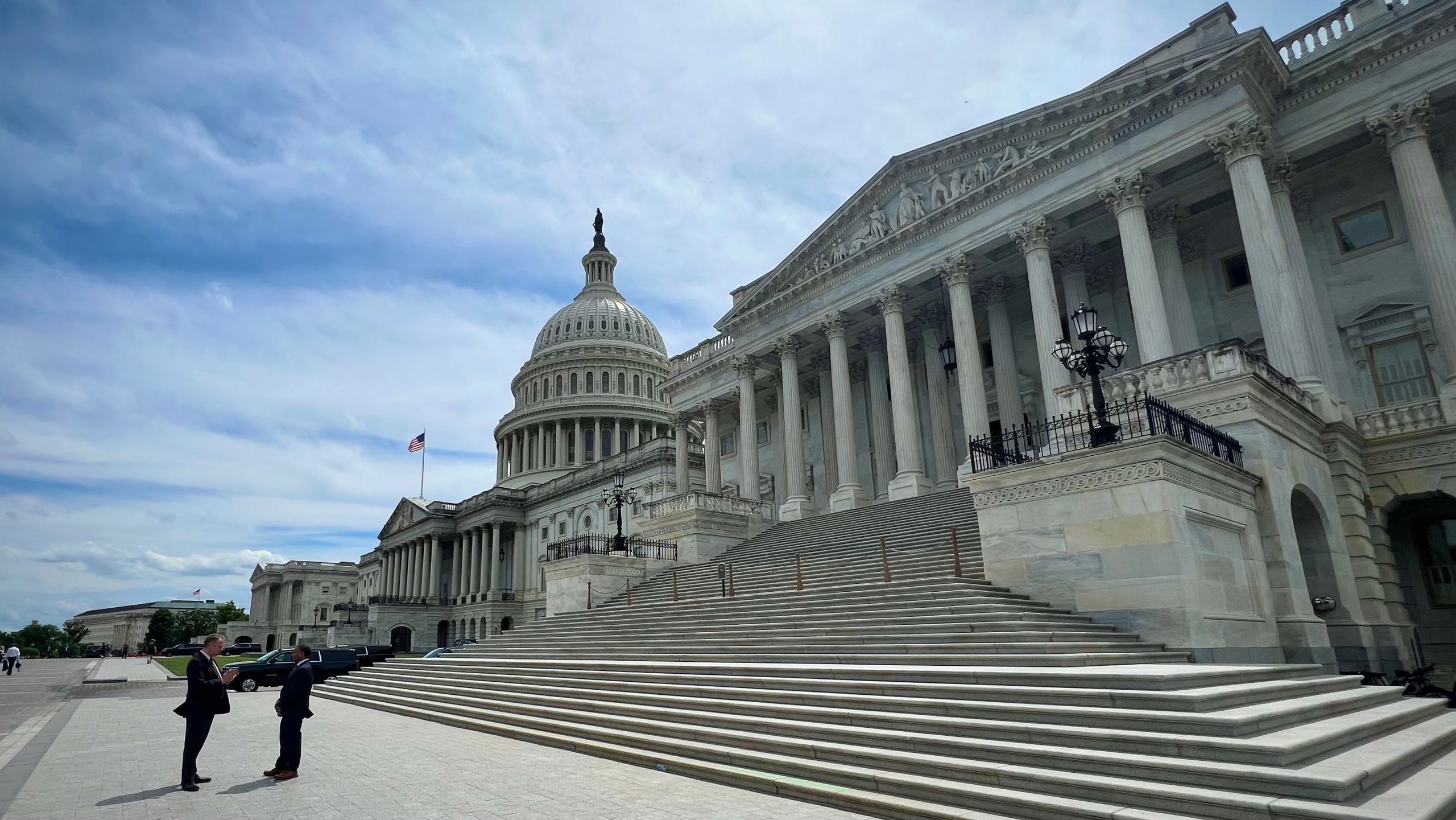The U.S. Senate has taken the first steps toward final approval of its first major crypto legislation, commencing voting on the bill to establish standards for U.S. stablecoin issuers, achieving a significant procedural milestone with a 68-30 vote.
This moment represents the industry’s most significant policy success in the U.S. to date, with the Senate, historically slow in action, moving towards the legislation with substantial bipartisan support. As the crypto sector observes this shift in the Senate’s long-standing resistant stance, the House of Representatives has also advanced critical legislation, especially the Digital Asset Market Clarity Act, which would create comprehensive rules for U.S. oversight of the crypto markets.
In the Senate, the Guiding and Establishing National Innovation for U.S. Stablecoins of 2025 (GENIUS) Act, a well-revised bill, has received bipartisan backing in numerous procedural votes. The Senate needed to meet a high bar of 60 votes to progress to the final vote, which it easily achieved with many Democrats supporting forward momentum towards stablecoin regulation.
The bill aims to create a framework under which stablecoins can be issued in the U.S. under the supervision of state or federal regulators, while still allowing some non-financial corporations to launch their own coins—a point of contention among Democrats. Regulating these assets is essential for the functioning of crypto markets where dollar-denominated tokens are commonly used in transactions and contracts.
In a previous congressional session, the Democrat-led Senate Banking Committee impeded crypto legislation, but its current Republican chairman, Senator Tim Scott, has emerged as a crypto supporter. The overall pro-crypto sentiment within the chamber has strengthened this session and will be reinforced by the votes.
Before voting on Wednesday, the GENIUS Act’s sponsor, Senator Bill Hagerty, urged his colleagues to back the bill, asserting it would solidify the U.S. fiscal position and reinforce the dollar’s status as the world’s reserve currency. “Failing to act now risks losing these advantages and jeopardizes our global competitiveness without a regulatory framework,” Hagerty remarked. Conversely, Senator Elizabeth Warren, the ranking Democrat on the Senate Banking Committee, took to the floor to criticize the GENIUS Act. “It lacks essential safeguards to prevent stablecoins from jeopardizing the financial system,” the Massachusetts senator contended, advising fellow party members that they “should show some backbone” and demand Republicans permit amendments previously advocated by Democrats.
Once the stablecoin bill moves to the House, it presents a crucial decision for leadership there: whether to pair the GENIUS Act with the market structure effort or pursue it as a direct vote on the Senate’s version or engage in a more complex process of aligning Senate language with existing House legislation. Regardless, the House must eventually align with the Senate’s approval before the stablecoin bill can reach the president for signature into law.
While the GENIUS Act progressed, it followed a successful day for supporters of the Clarity Act in the House, which cleared both the House Financial Services Committee and the House Ag Committee with strong bipartisan votes on Tuesday.
Crypto lobbyists in Washington, alongside their legislative allies, argue that both bills are necessary to effectively regulate the industry in the U.S.

Leave a Reply